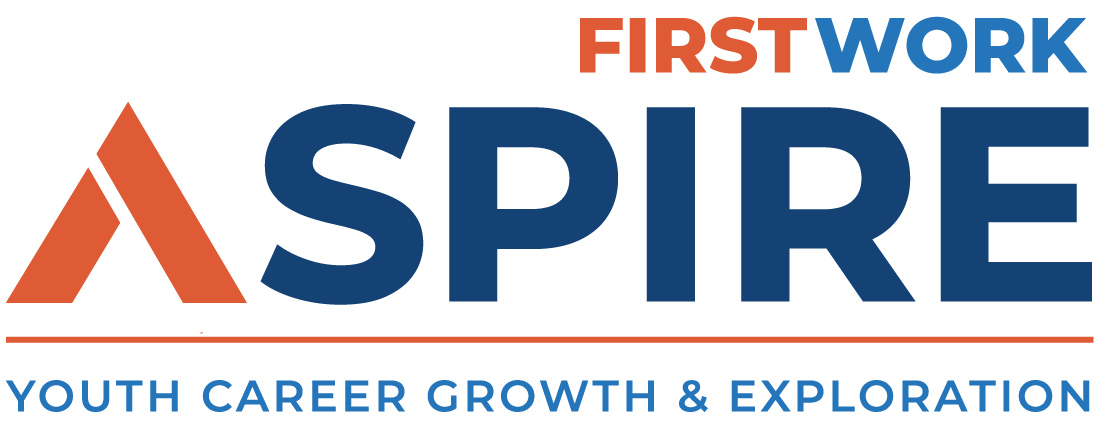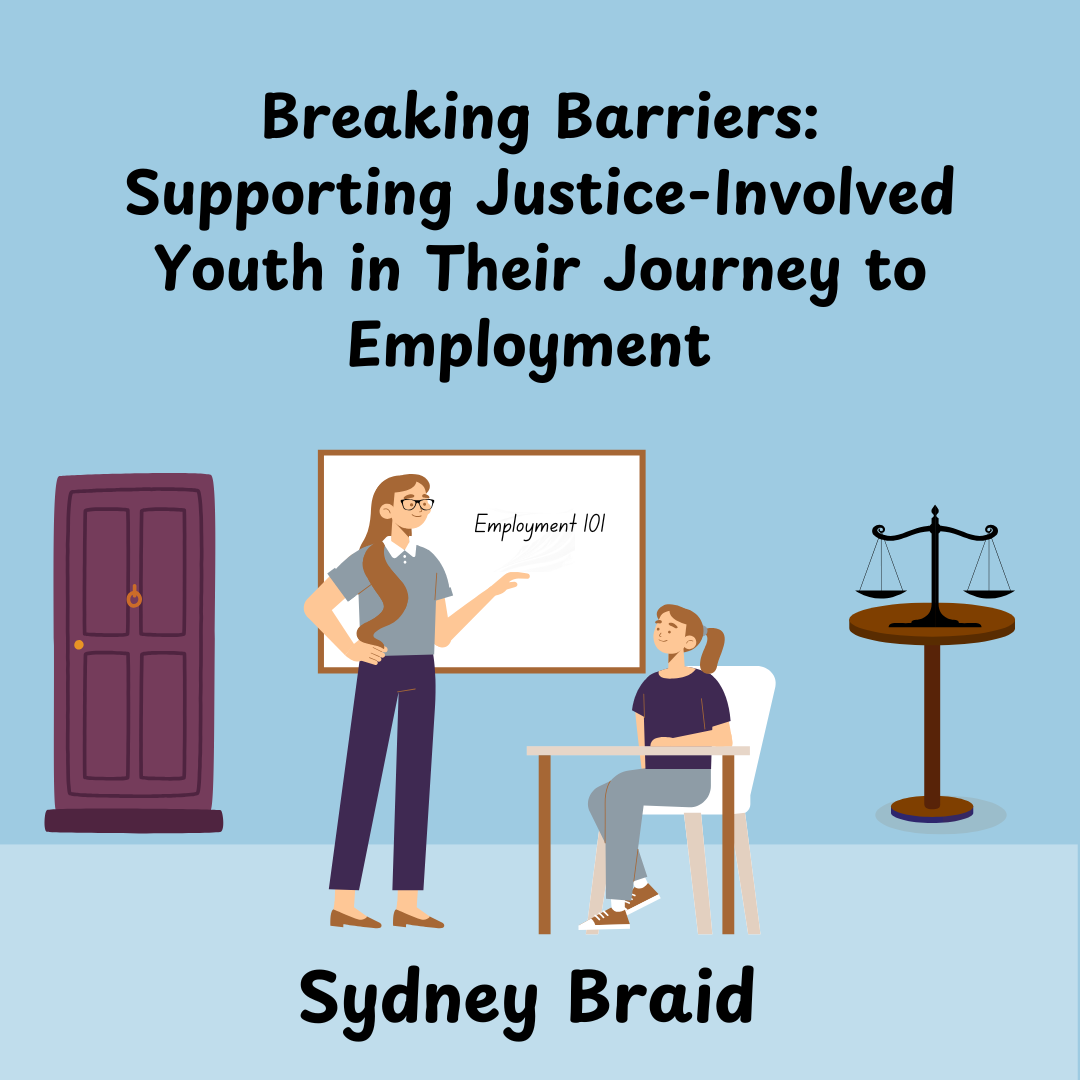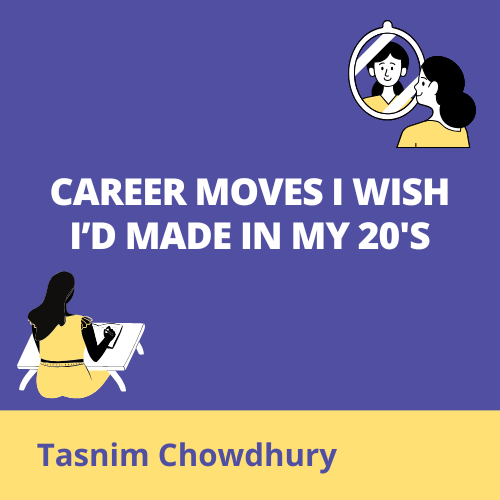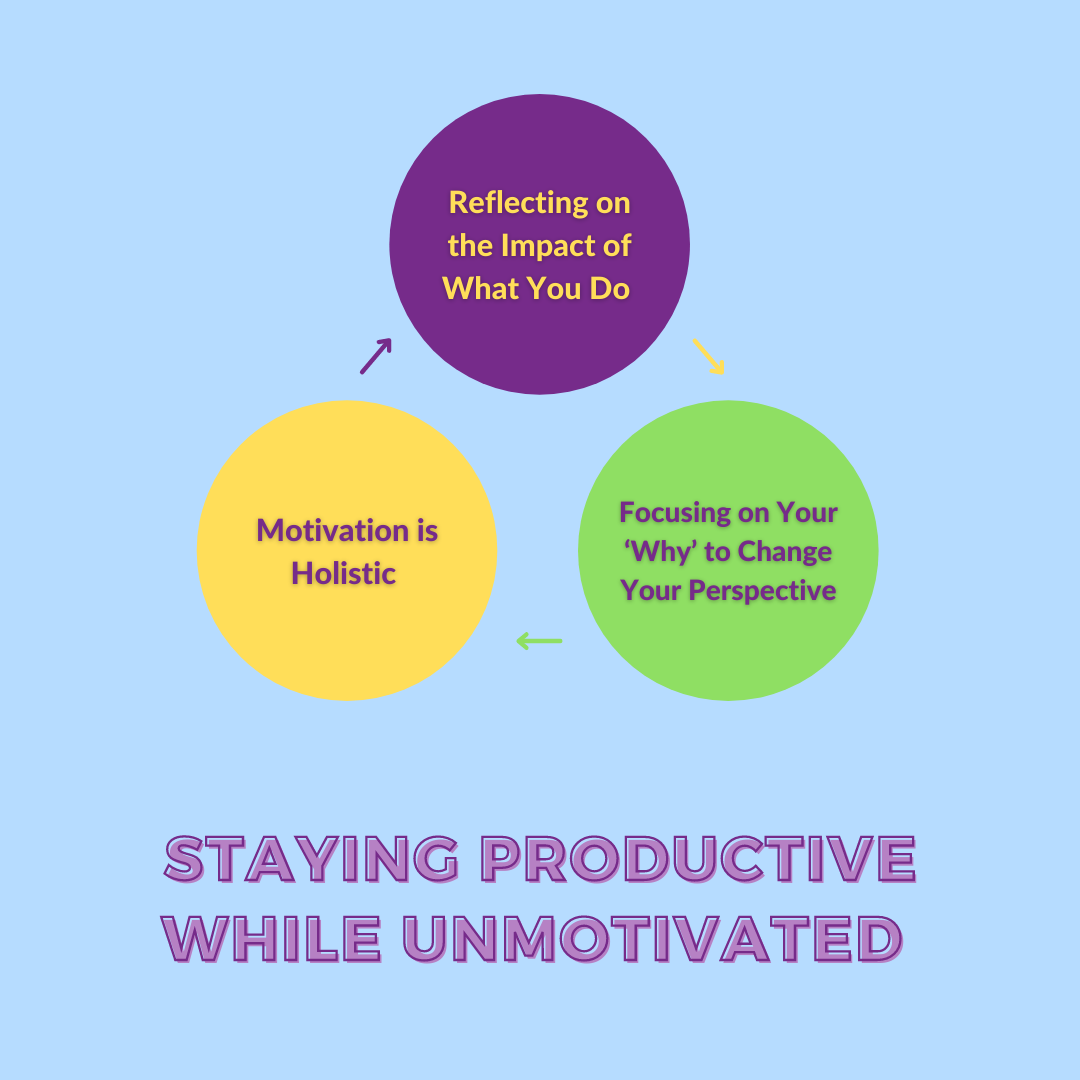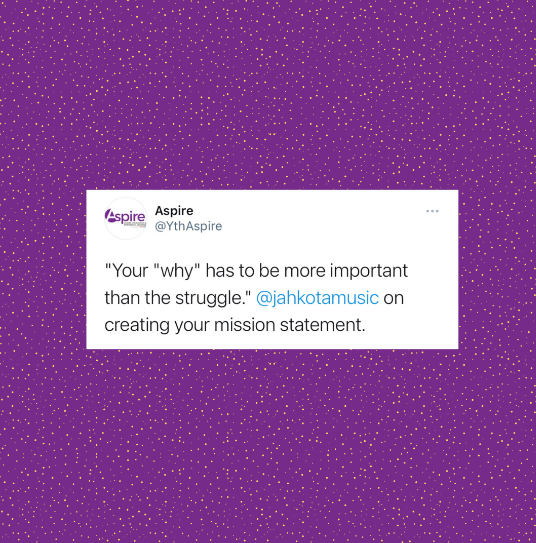In today’s world, a degree is often viewed as a ticket to success. We grow up being told that if we study hard and get into a good college, our future will be secure.
Reality paints a different picture.
More and more graduates are finding themselves underemployed or jobless, questioning the value of their hard-earned degrees.
Empty Promises
For decades, higher education has been sold as a sure path to a stable and prosperous career. However, the job market has evolved. Automation and technological advancements have changed industries dramatically. Many jobs that once required a degree can now be automated or performed by individuals with specialized training and certifications, bypassing the traditional academic route.
Just over 55% of Canadians aged 25 to 64 are university or college graduates. As more people obtain degrees, it appears that those degrees are diminishing in value to employers. Jobseekers now must have additional qualifications or years of experience, leaving new graduates in a tight spot.
Skills Over Degrees
In this shifting landscape, skills and practical experience are becoming increasingly valuable. Employers are prioritizing candidates who can demonstrate real-world capabilities over those assumed to be given by a diploma. Online courses, boot camps, and vocational training offer alternative pathways to gaining these in-demand skills.

The Future of the Degree
It’s clear that the traditional model of higher education needs rethinking—in the future, degrees should emphasize flexibility and adaptability, allowing students to tailor their education to their evolving interests and the changing demands of the job market. They should integrate practical experience and skills-based learning alongside traditional academic knowledge.
Likewise, students should consider diverse educational opportunities that align more closely with their career goals and the realities of the workforce.
Lifelong learning should be a core component, encouraging continuous personal and professional development. Students should inform themselves on what types of jobs are available after completing their degrees, and universities should be accountable for the education they are offering and make sure their courses are relevant.
Ultimately, a degree should focus on equipping an individual not just for their first job, but for a lifetime of career growth and adaptability.
So, while a degree can still open doors, it’s no longer the golden key to career success.
By recognizing the myth of the degree, both educational institutions and students can take responsive steps to make education about more than just a piece of paper; it should be about equipping individuals with the tools they need to thrive in the real world.

